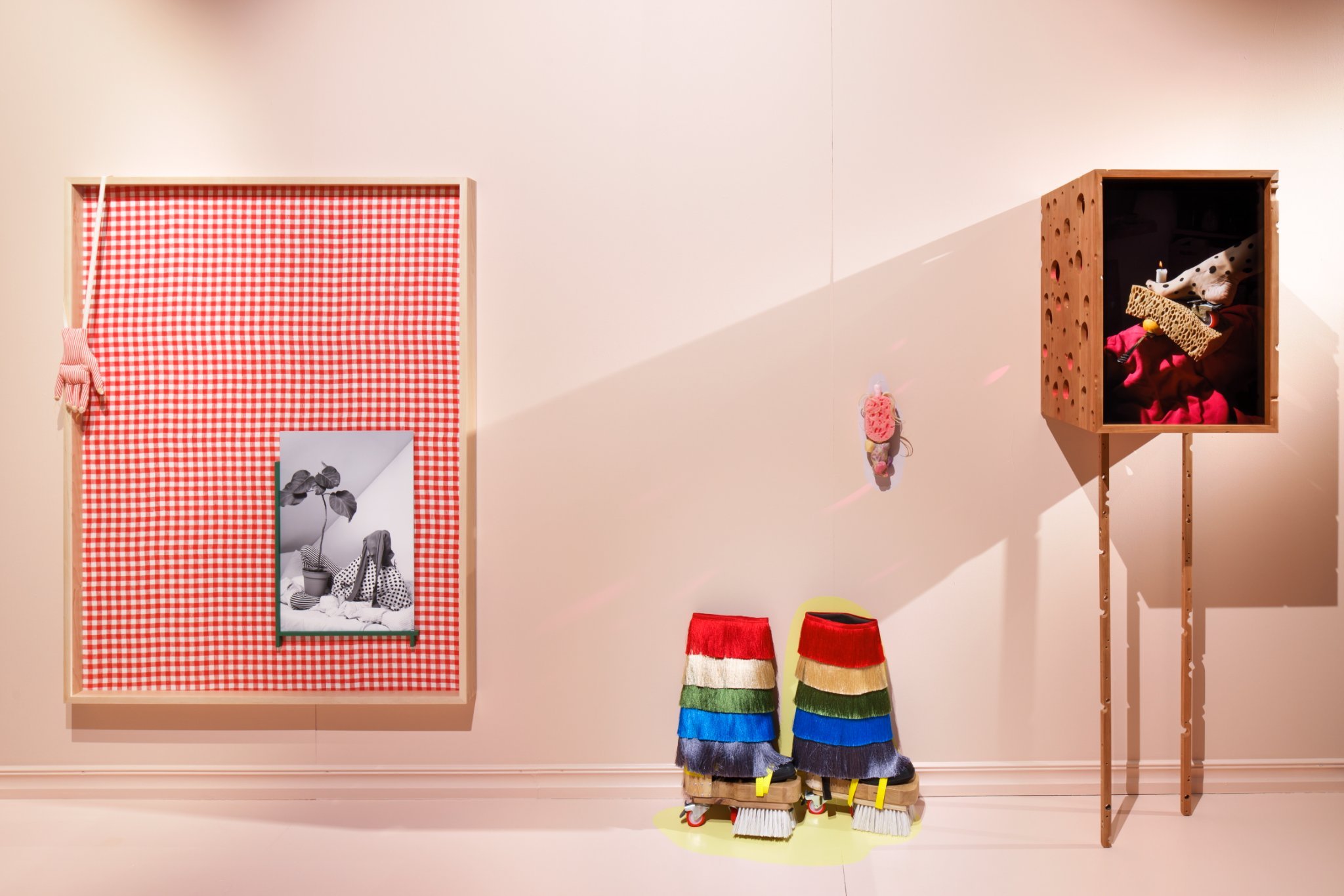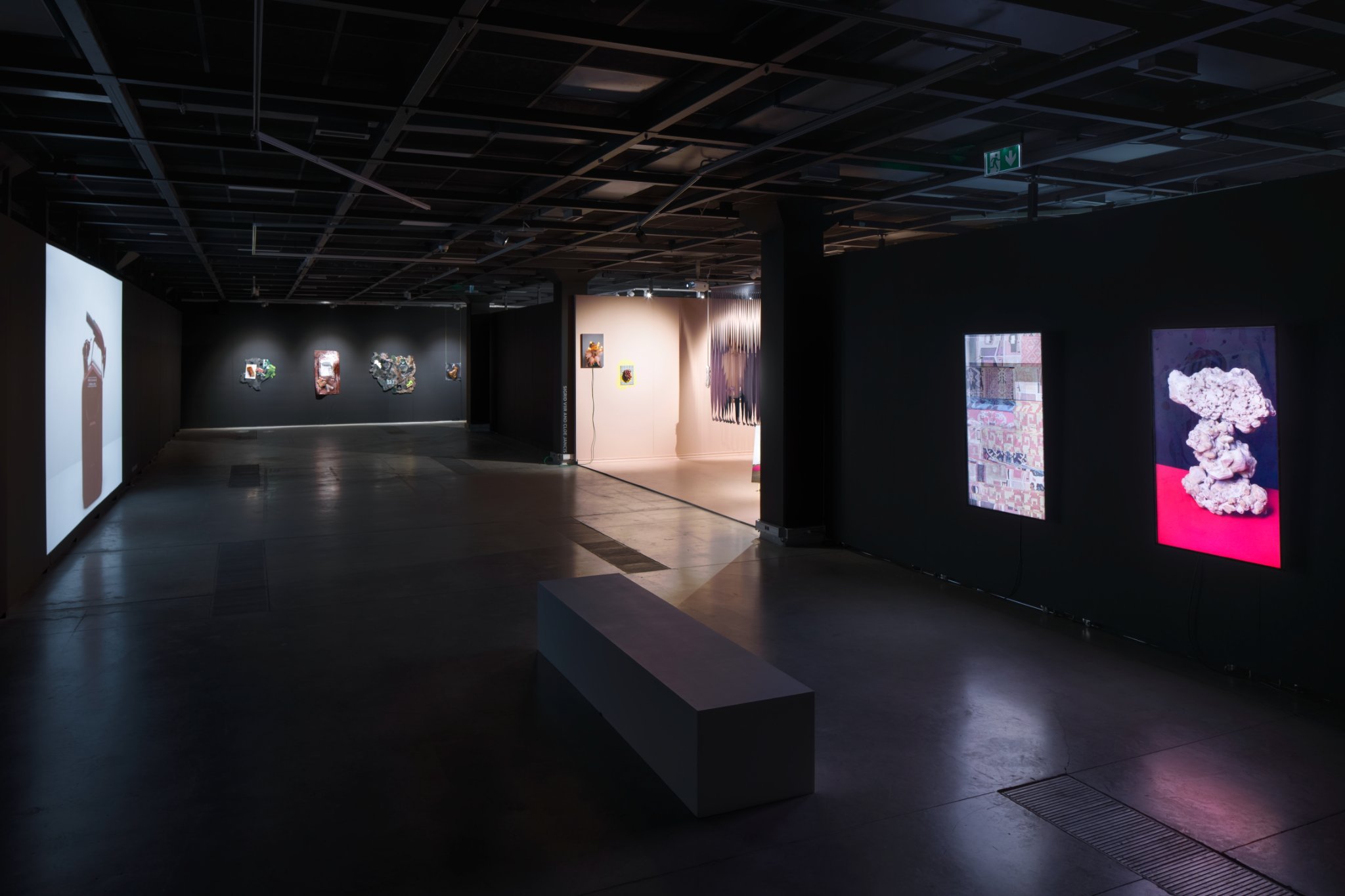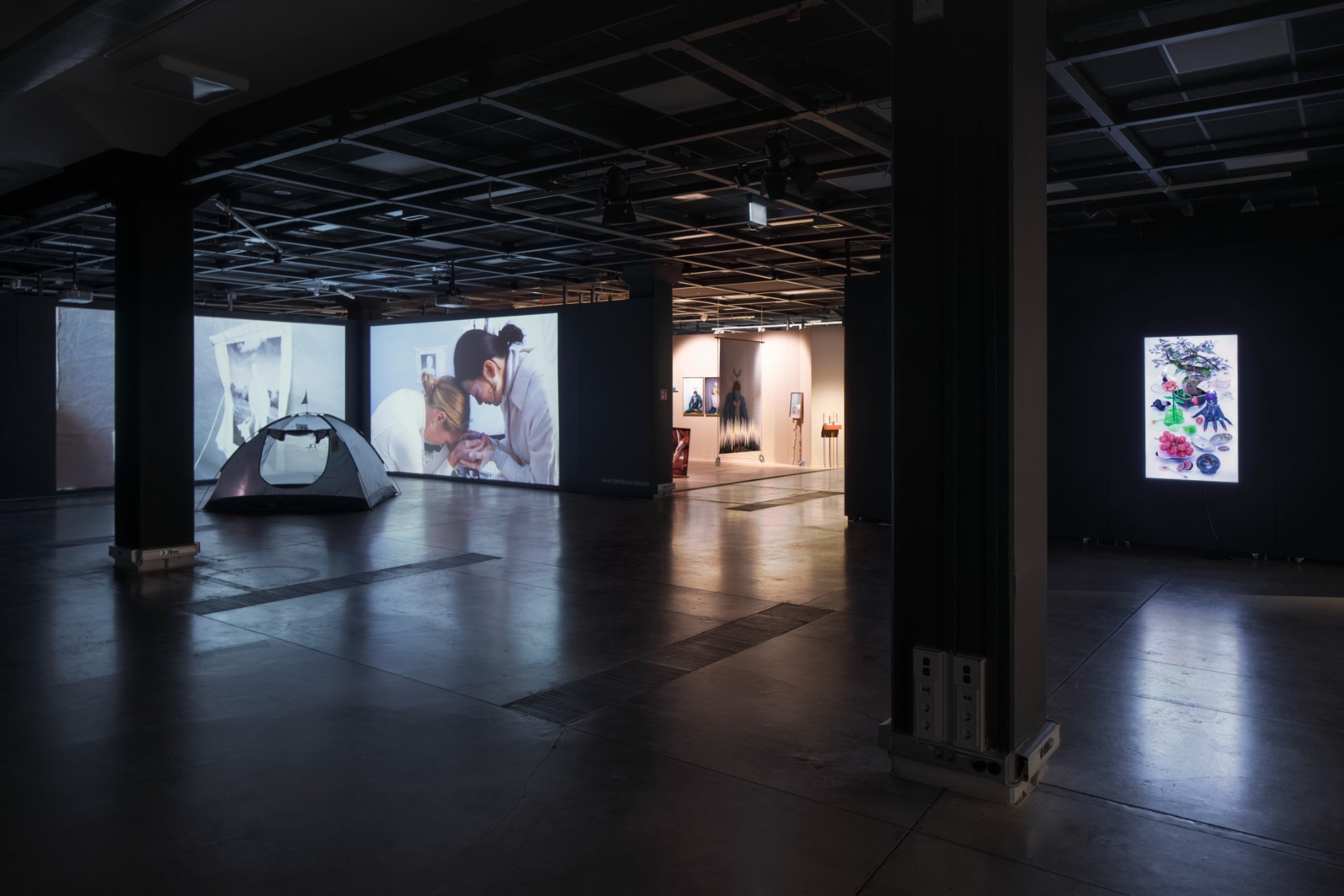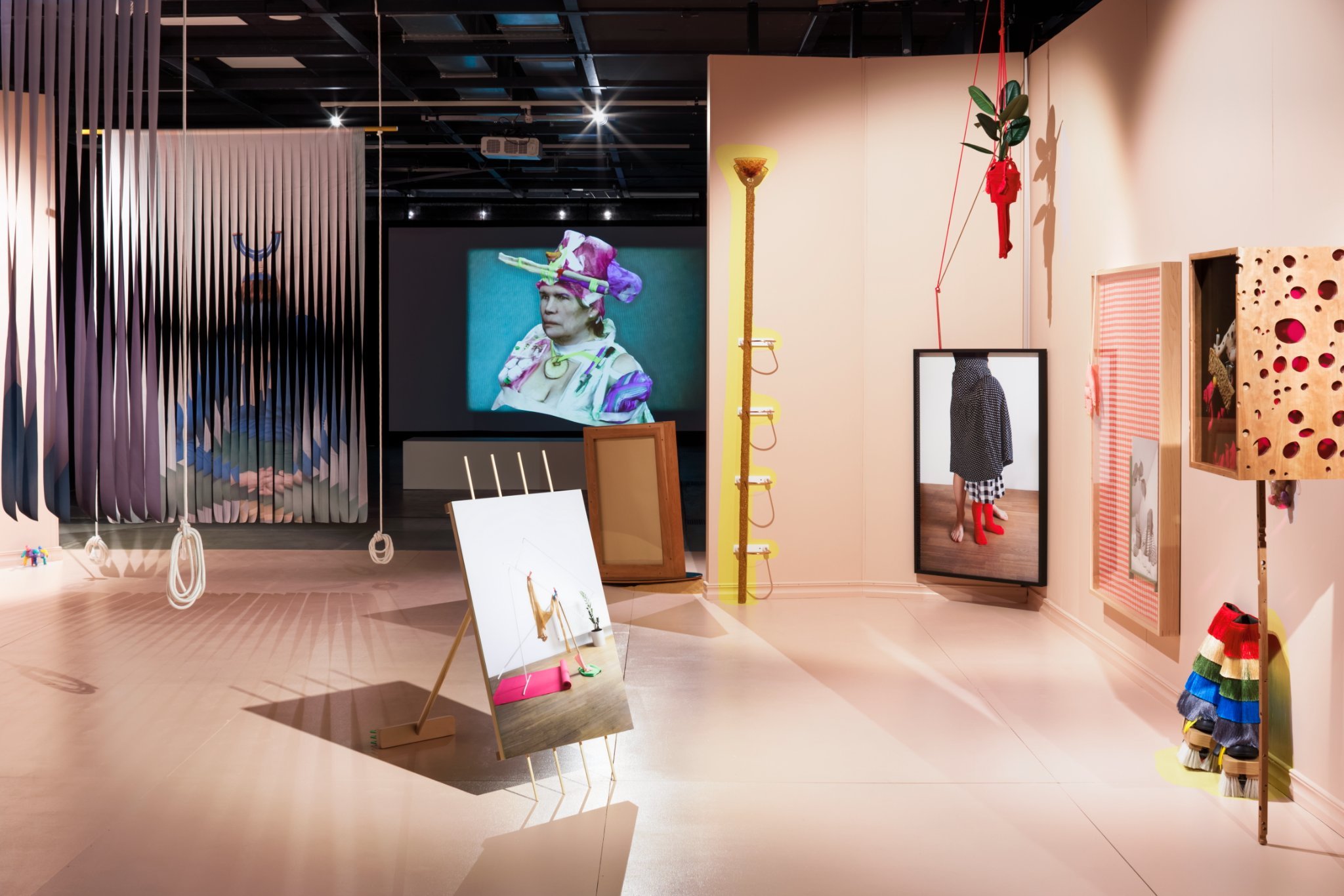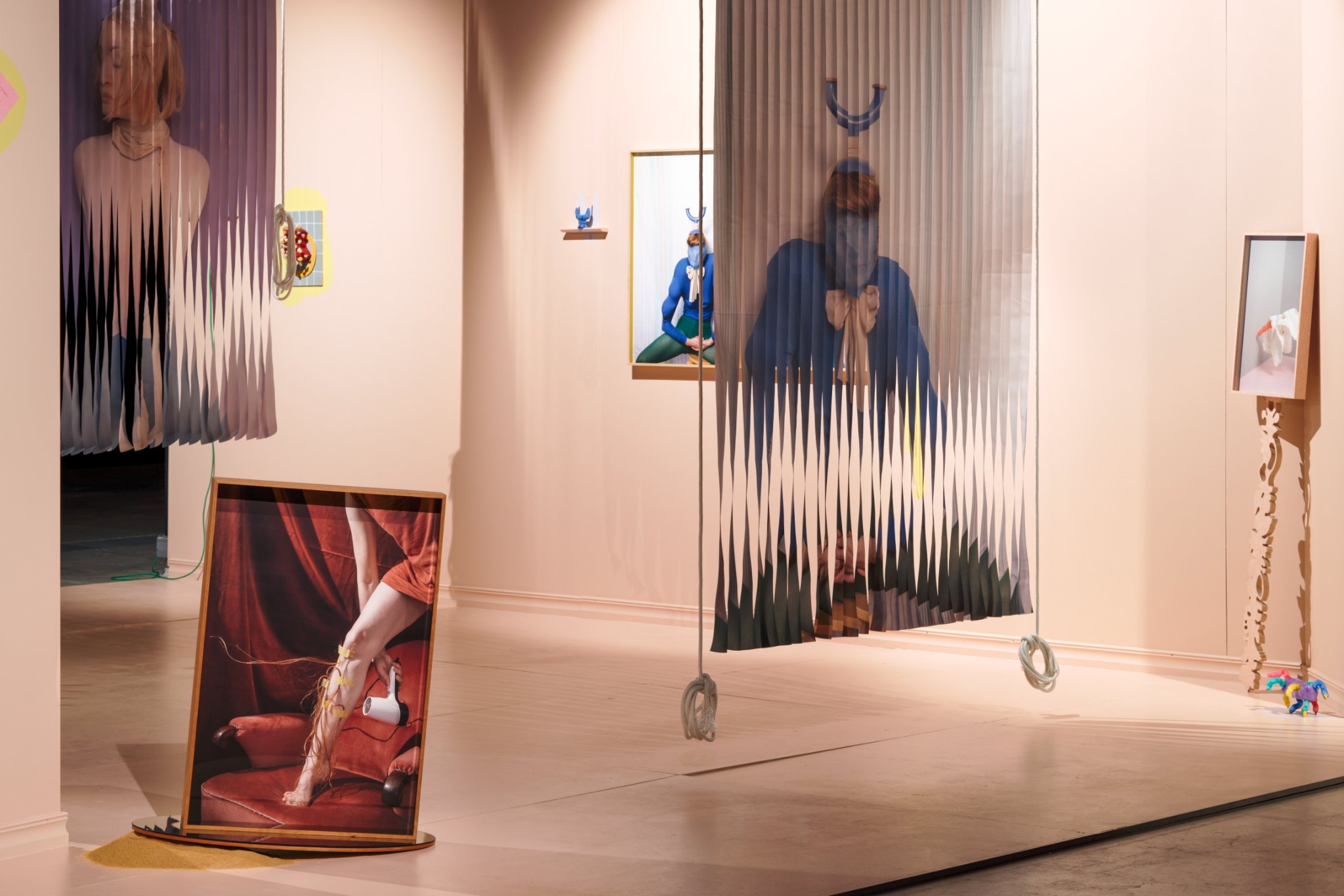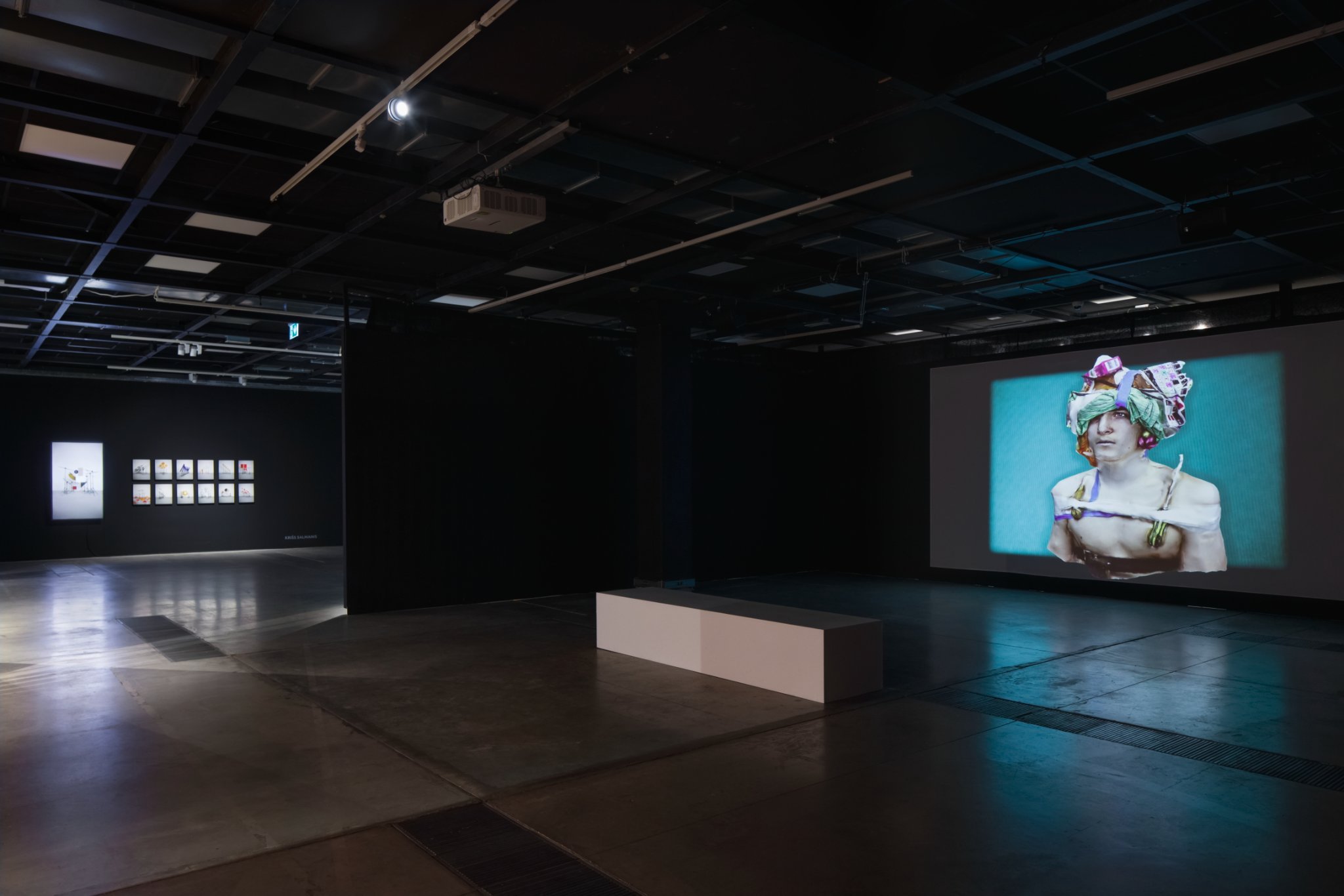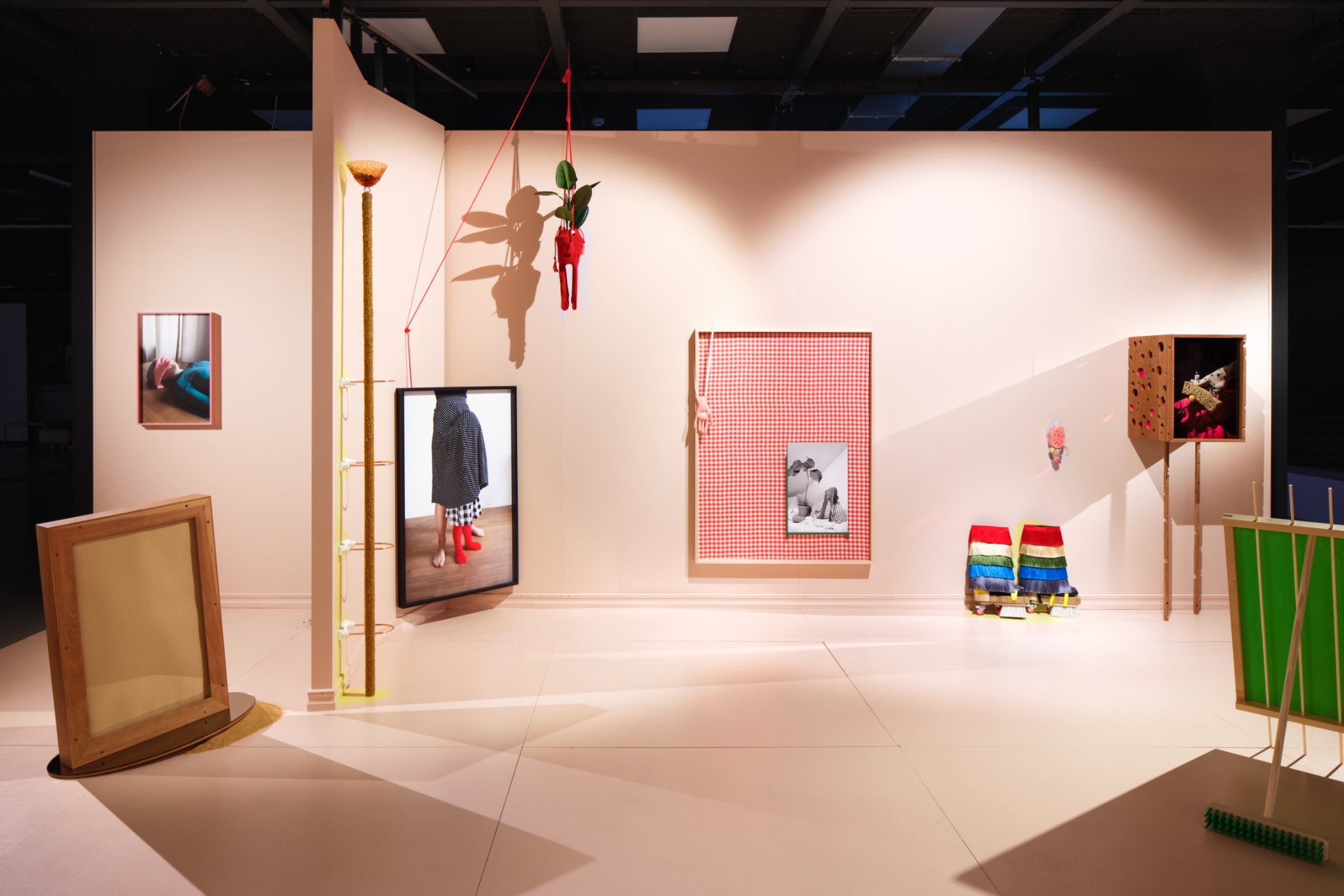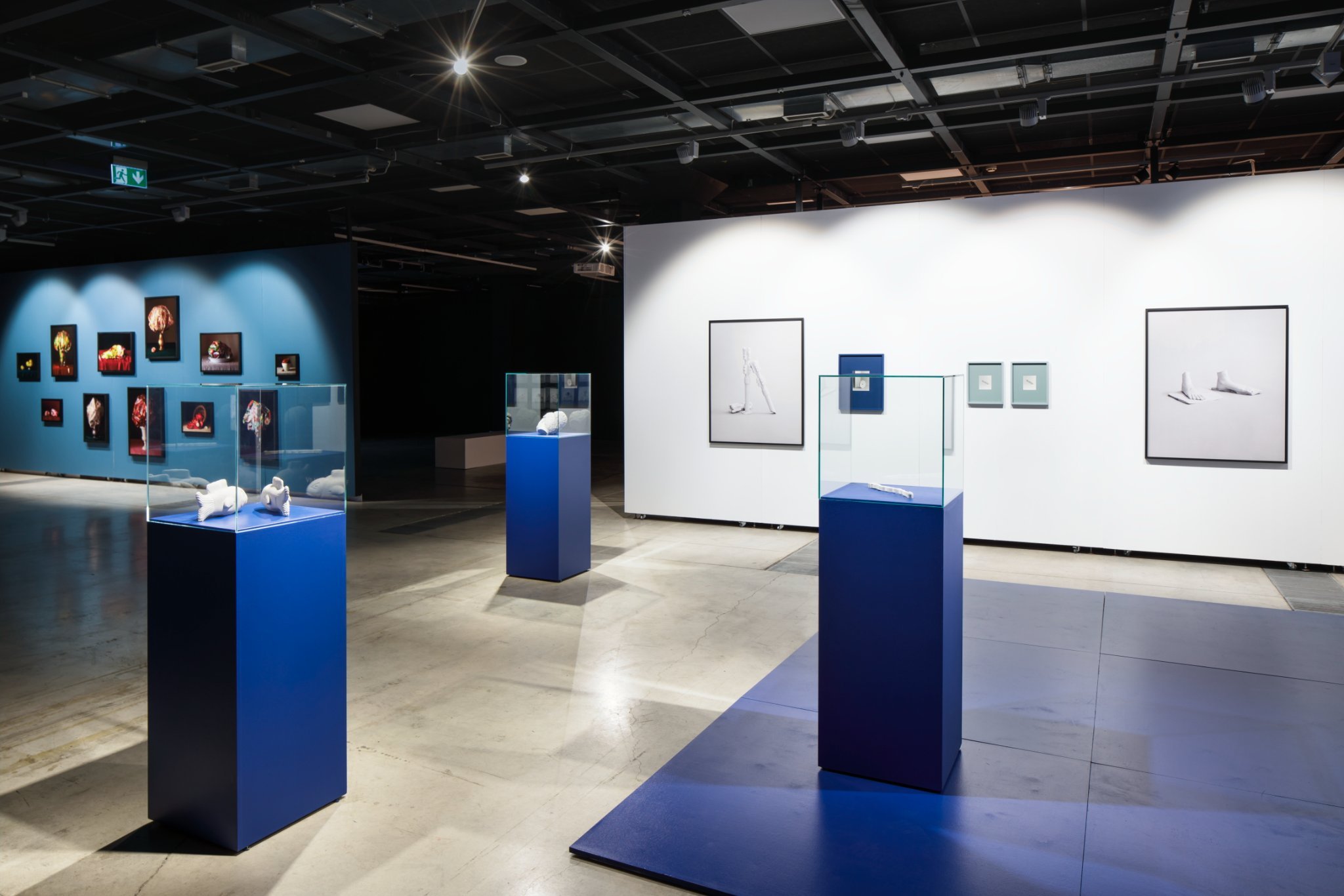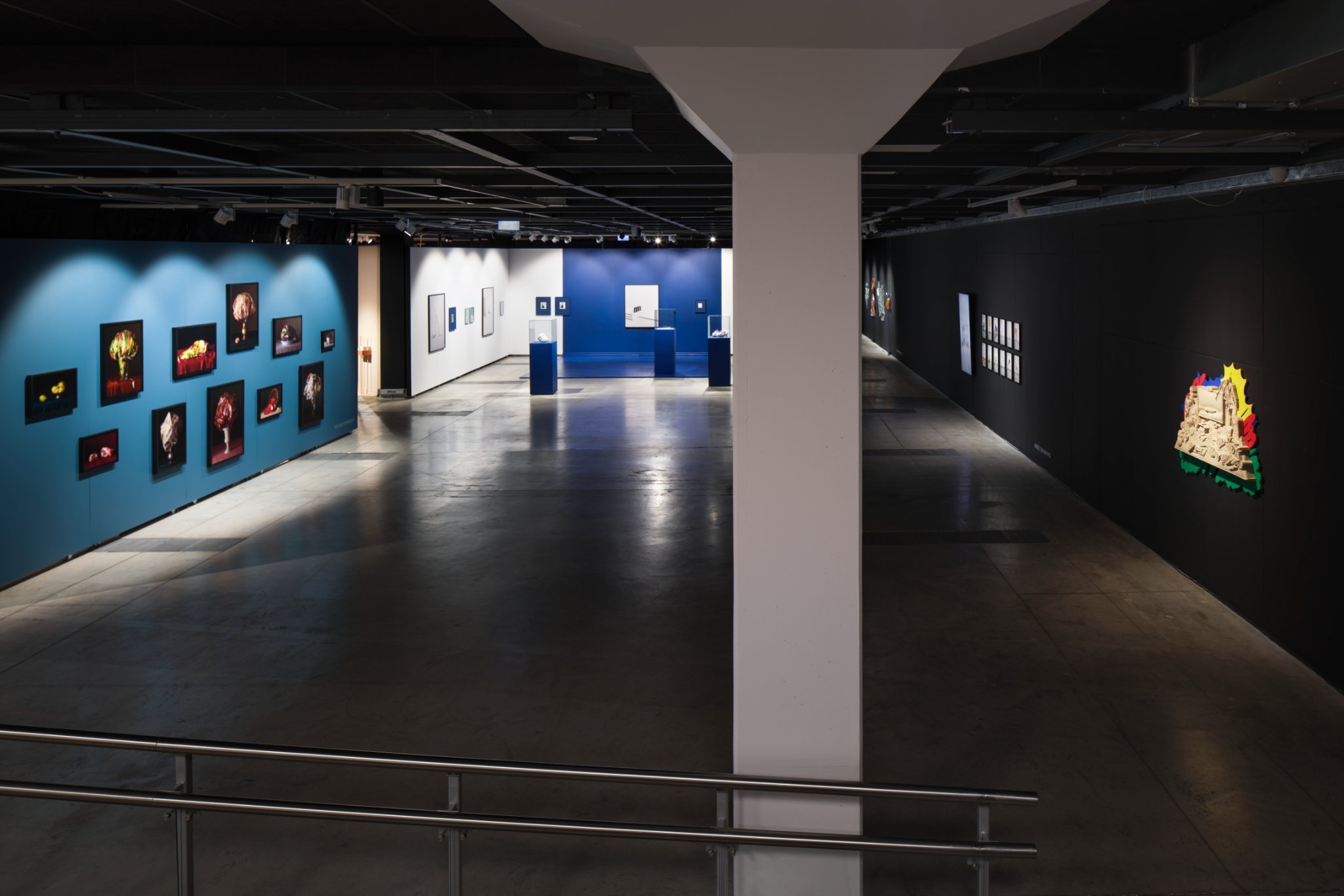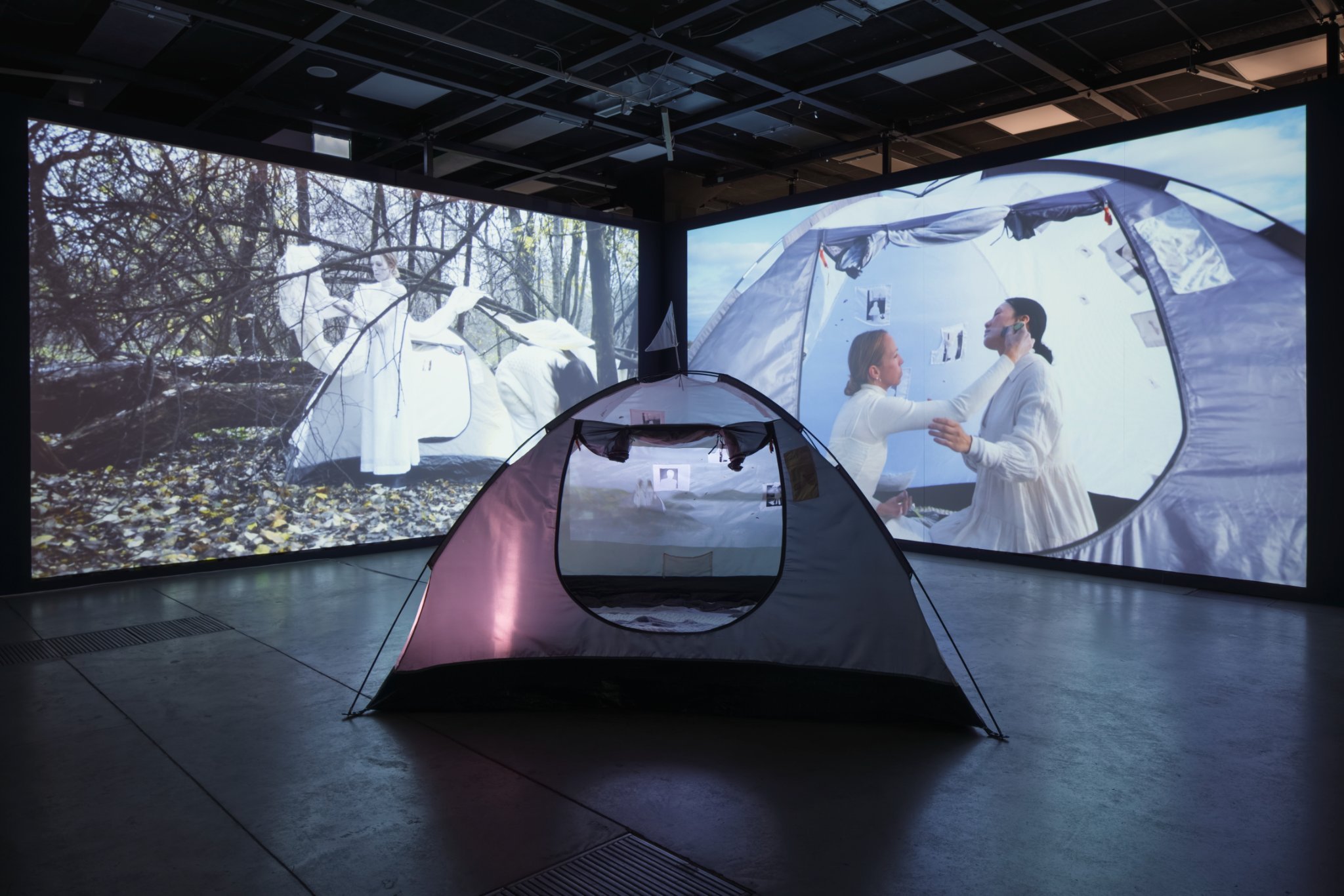The exhibition Screen Age III: Still Life continues a series from 2018 that poses existentially pressing questions through observing the way technology is slowly changing people today. How deeply has human consciousness become inseparable from the technological solutions that grow increasingly useful and convenient with each day? Are we the same individuals that we were when we didn’t have smartphones and smart watches that serve us so well in monitoring the world? What are the ways in which our attitudes have shifted in respect to seemingly eternal things and ethical values centuries in the making? What testimony will there remain after our time is past? We invite you to pursue this line of thought by employing the coordinate system used throughout art history – that is, the traditional genres of portraiture, landscape, and still life. These have changed beyond recognition in the new epoch, the screen era.
The first exhibition of the series, Screen Age I: Self-Portrait, examined our relationship with ourselves using tools exclusive to art to observe and reveal the following: 1) models of speaking with and about oneself that were unknown to previous eras; 2) new, convenient, and freely available constructions for creating one’s self-image. The findings confirmed the suspicion that our society has assumed new outward characteristics and radically changed its habits over the past twenty years due to technological innovations rapidly making their way into everyday life. Nevertheless, human nature, as well as human desires, longings, and other motivators have remained unchanged since time immemorial. The second exhibition in the series, Screen Age II: Landscape, took place in 2020. Like the first, it was held in Rīga Art Space. This exhibition analysed changes in the relationship that people have with landscape art today. In short, since we have succumbed to the temptation to set our eyes upon whatever our hearts desire in the virtual world without having to put down our smartphones, the experience of a landscape seems to have lost its original and imposing impression, namely, to engage all our senses. It has, instead, taken on the form of a more rational analysis of units differentiated by the mind.
The thematic focus of the third exhibition, Screen Age III: Still Life, is on the interpretation of the still life in the digital age. It allows for the fact that every genre of photography functions as a routine element of digital culture and a part of an incessant stream of data that reflects itself into different contexts and can be put to use in many different ways (from advertising to iconography). It is interesting to ask whether or not compositions with fruit, flowers, games, wares, musical instruments, household objects, and skulls are outdated. If not, what is it that they are saying today?
Participants: Marianne Bjørnmyr (NO), Johan Rosenmunthe (DK), Sara Skorgan Teigen (NO), Sigrid Viir (EE) and Cloe Jancis (EE), Charles Richardson (UK), Santa France (LV), Nico Krijno (ZA), Līga Spunde (LV), Krišs Salmanis (LV), Vilma Pimenoff (FI)
Curators: Inga Brūvere (LV), Marie Sjøvold (NO)
Text: Aiga Dzalbe (LV)
Image: Līga Spunde, Still Life with Computer Mouse, 2022
More about www.rpbiennial.com
